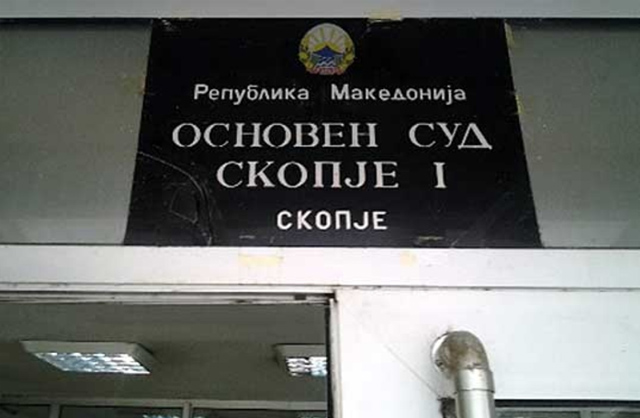An uneducated decision of the Primary Court Skopje 1

Yesterday, 1 September 2015, the Primary Court Skopje 1 posted a press-release on the Court’s web-site informing that at the request of lawyer Nikola Dodevski, a judge in the previous proceedings made a decision which upheld the request to set aside evidence – recordings from telephone calls and transcripts from the cases of Public Prosecutors Office formed after SDSM lodged criminal charges. According to the judge, such evidence needs to be set aside since it was unlawfully obtained and may not be used or serve as grounds for a court ruling.
The Helsinki Committee is appalled by the abuse of the procedure on the part of the preliminary procedure judge and his unprofessional and unethical exercise of the judicial function. Namely, the judge unlawfully interfered in the work of the public prosecution and adopted an unlawful decision which may not cause legal effect, and as such must be appealed against by the PPO and annulled by the Appellate Court in Skopje. In fact, the provisions that the judge refers to (Criminal Procedure Code: art. 93 – Setting aside evidence, regarding Art. 12(2) – Lawfulness of evidence) are applicable only when the case has entered the stage of formal investigative procedure. Bearing in mind that the court requested the documents from the prosecution, it is clear that the prosecution had not adopted a decision to initiate investigative proceedings, nor had they requested adoption of any court decision. These six months of inactivity of the PPO serve as another indicator of the frivolity of the judicial authorities and raise doubts as to their possible coordination in order to avoid their legal obligations.
Bearing in mind that the criminal charges are in preliminary investigation (much of reported persons have not yet been interrogated), the preliminary procedure judge had no jurisdiction whatsoever to act in that part of the procedure which in accordance to Art. 289 from the CPC is secret. The competence of the judge of the previous procedure starts with the investigative procedure (art. 294 CPC), and the only exception to this rule is the judicial control of the legality of the work of the investigative authorities (Art. 290). But neither the request of the lawyer, nor the decision of the judge refer to the unlawful actions of the prosecution but to the settings aside of the allegedly illegally obtained evidence from a third party. The court may determine whether the evidence is legally obtained or not only in the investigative or judicial proceedings, but not in the preliminary investigative procedure (art. 294 LCP). This is further supported by the fact that the provision upon which the judge reached the decision may be adopted on a proposal by the “parties”, while the suspects still do not have the status of ‘party’ in this stage of the procedure.
Accordingly, the judge neither had the authority to request the documents from the prosecution, nor the authority to separate the evidence and keep it sealed. The intention to have the decision become final and thus play on the card of Art. 14 from the Constitution which stipulates that no one can be tried for a crime that they have already been tried for and for which a final court decision has been adopted, is evident. In this way the judiciary will annul the political agreement on the appointment of the Special Public Prosecutor whose main purpose – investigating allegations of serious crimes committed by high officials of the government, will become pointless. This would seriously threaten the recommendation for start of EU negotiations and the rule of law in Macedonia.



